A quick update on podcasting (and a few other items) since my last Substack in December 2023.
Four Podcasts
This year, I’ve interviewed four authors about their new books:
January 2024: Jan Westerhoff, Candrakīrti's Introduction to the Middle Way: A Guide (Oxford UP, 2023)
March 2024: Stephen Phillips, "The Metaphysics of Meditation: Sri Aurobindo and Ādi-Saṅkara on the Īśa Upanisad (Bloombury, 2024)
April 2024: Matthew Robertson, Puruṣa: Personhood in Ancient India (Oxford UP, 2024)
May 2024: Christine Abigail L. Tan, Freedom's Frailty: Self-Realization in the Neo-Daoist Philosophy of Guo Xiang's Zhuangzhi (SUNY Press, 2024)
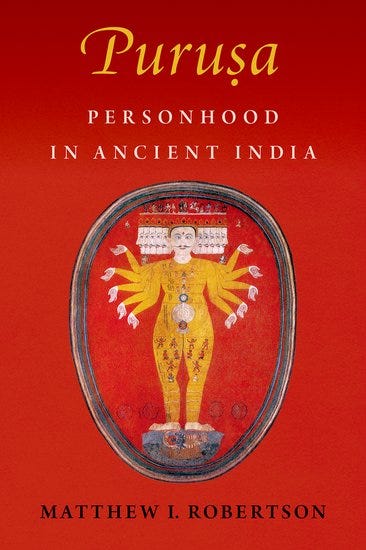
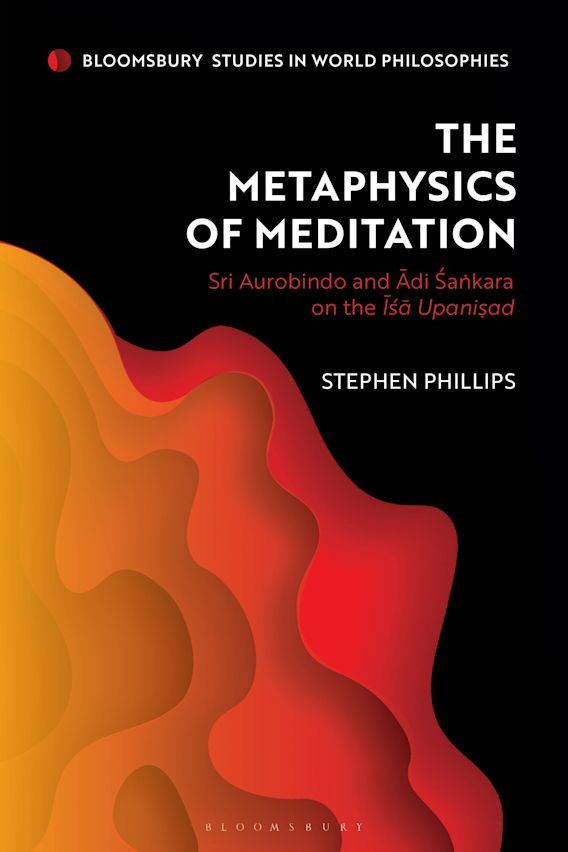
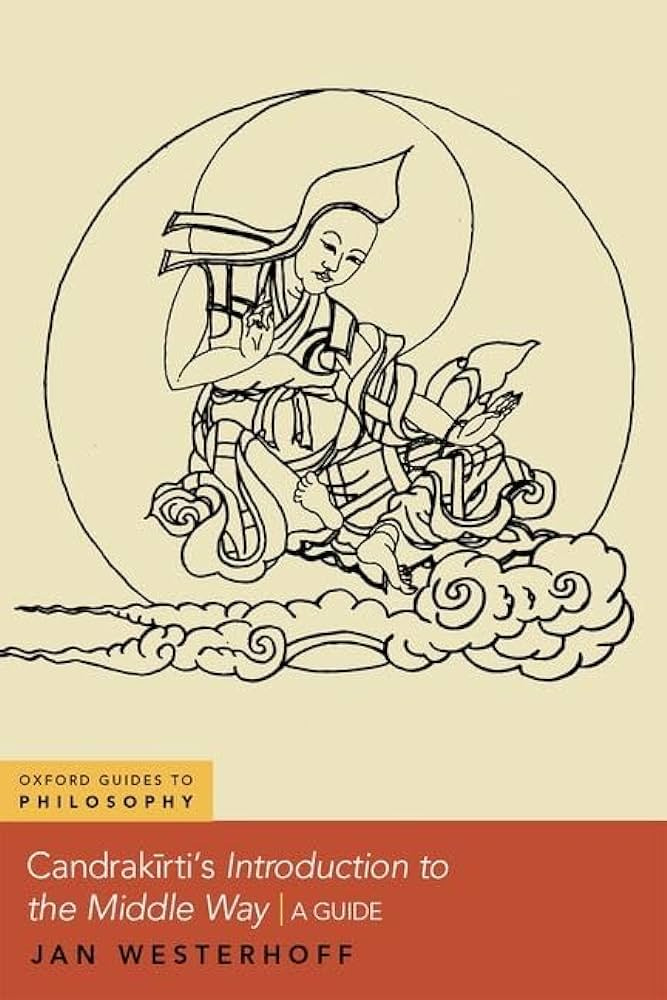
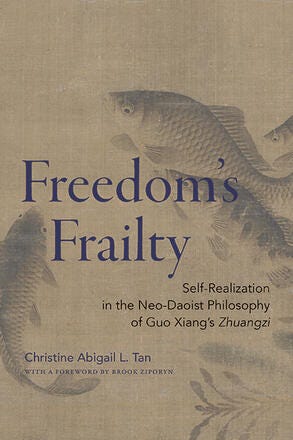
The New Books Network is an opportunity to air interviews with academic authors about their books in a format that prioritizes the author’s explanation of their work. Unlike other formats for engaging with academic works, like book reviews or author-meets-critics roundtables (ones that I and most academics are used to), these interviews are not critical or about my perspective as a researcher. I bracket, for the interview, my own evaluation of the work, aiming to elicit the author’s best characterization of their position. My hope is that this lets listeners evaluate for themselves—and perhaps pick up the books for a deeper engagement.
Three Books
I’ve written or edited three books, the culmination of years of work, a culmination which inadvertently and unfortunately combined into this semester. These books will be forthcoming later in the year (two this summer), and I’ll post about them individually closer to their publication.
Available June 28, 2024: The Vindication of the World: Essays Engaging with Stephen Phillips (Routledge), co-edited with Matthew R. Dasti, part of Routledge Festschrifts in Philosophy.
Stephen Phillips has devoted his career to excavating some of the most valuable gems of Indian philosophy and bringing them into conversation with contemporary thought. This volume honors him and follows his lead by continuing his lifelong project: faithfully interpreting Sanskrit texts to think along with their authors about ideas that still perplex us today.Available July 26, 2024: Reason in an Uncertain World: Nyāya Philosophers on Argumentation and Living Well (Oxford University Press).
While many people today might turn to ancient Sanskrit philosophers for meditation or yoga, probably few would turn to them for help with difficult contemporary problems, such as what counts as "fake news" or navigating Internet debates. Philosopher Malcolm Keating argues that, in fact, a group of premodern Indian philosophers known as "Nyāya" have important things to say about how we can distinguish truth from falsity and reason well together, both of which are crucial to living a good life.Forthcoming 2024: Classical Sanskrit for Everyone: A Guide for Absolute Beginners (Hackett Publishing). No link just yet. A roadmap to Sanskrit for readers with no experience, using excerpts from Sanskrit texts to explain and introduce the language. Not a grammar book or an intro to Sanskrit text, it is a guide through major concepts, including reading translations, poetry, and editions.
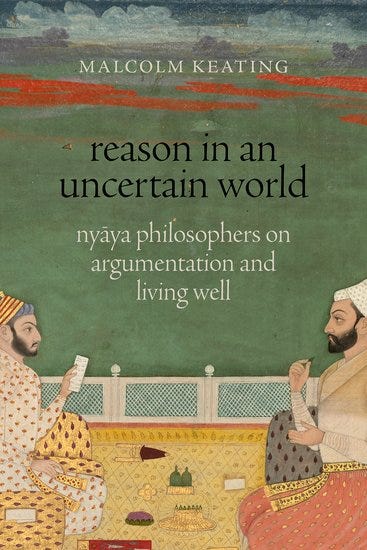
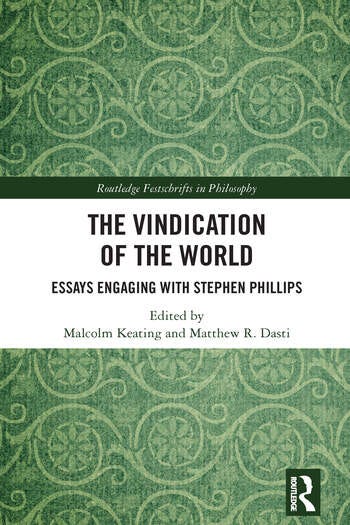
Two New Courses, One New College, and a Medical Mystery
Strictly speaking, only one of these courses is entirely new, but I taught them both at a new college. For the sake of enumeration and completeness, I’ll include these. At Smith College, as part of the philosophy department, I’m regularly teaching Indian philosophy, philosophy of language, and aesthetics/philosophy of art. This year, I taught an introduction to Indian philosophy, from the Upaniṣads to Daya Krishna. Students engaged with Buddhist, Jain, Nyāya, Mīmāṃsā, Sāṃkhya, Vedānta, and Ālaṃkāraśāstra textual traditions, on epistemology, language, metaphysics, and aesthetics. We concluded by looking at modern thinkers and their engagement with the past (Ambedkar, Gandhi, Coomaraswamy, Krishna). As I refine that syllabus, I’ll eventually make it available on my website.
I also taught a course on aesthetics and philosophy of art. I’m lucky to have the Smith College Museum of Art at my disposal for students to visit. They were required to view a piece of artwork for forty-five minutes and reflect on their experience, engaging with Immanuel Kant and David Hume’s thinking about aesthetic experience and judgments. But that course went beyond Kant and Hume—and beyond visual museum art—students read Abhinavagupta, Xunzi and Mozi; they also thought about street art, humor, music, narrative fiction. Lke the Indian philosophy course, it included a range of philosophical areas from metaphysics (what is an artwork?) to ethics (is it wrong to find offensive humor funny?) to mind (is intention necessary for the action of creating art?). This is another course I’ll be teaching regularly and will aim to share the syllabus once I’m happier with its form.
Finally, the medical mystery: I’ve been reflecting on this experience in relation to the history of epistemology in ancient India, especially the interconnections between medical literature and formalizing patterns of inference. I have drafts, notes, and thoughts, but they are inchoate. For some as-of-yet-unknown reason, I’ve been experiencing both B12 and copper deficiencies, which have led to significant neurological symptoms, fatigue, even difficulty walking for a while. Navigating the proper epistemic stance has been challenging. We should defer to experts, right? But what about when they seem wrong? Disentangling rational skepticism about a provider’s treatment from B12-deficiency-induced anxiety isn’t easy. And the mysterious, complicated link between the mental and the physical has been a theme for this semester, when I’ve had the energy to reflect on it (which, frankly, hasn’t been often). My hope is that, someday, I’ll be in a position to write something of broader interest about this experience. In the meantime, though, my goal is to slow down, prioritize projects (Sutras & Stuff is still one I would like to get back to), and find a pace of life that can co-exist with this unfortunately ongoing mystery.
You can expect three more NBN podcasts this year, and hopefully the S&S episodes will return, but I can’t promise a timeline yet. I’ll post here when the books are out, too.
Thanks for reading!




